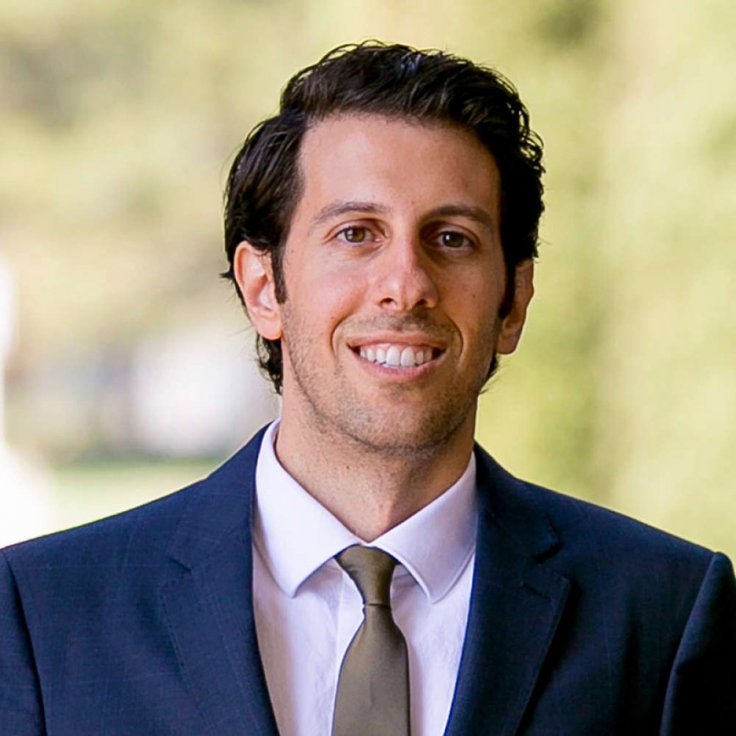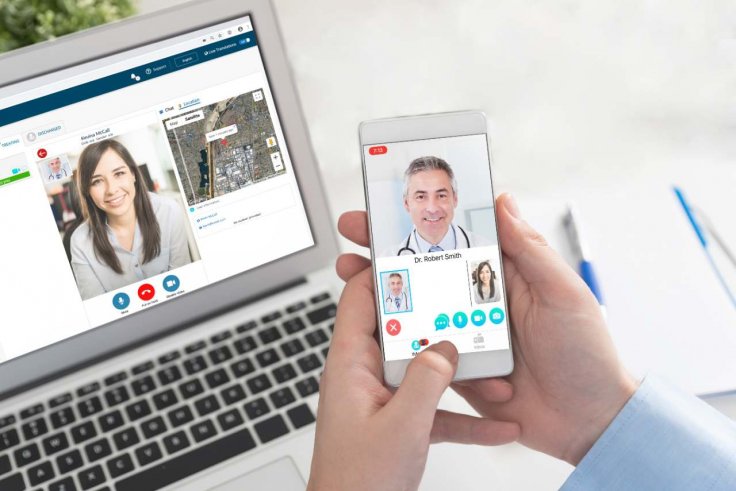The COVID-19 global pandemic in 2020 has fundamentally restructured how people around the world live and work. With government orders in place to social distance and stay at home to reduce the spread of COVID-19, many Americans are finding ways to adapt to working from home remotely and relying on delivery services for essential goods.
But what about the need for regular, non-urgent medical care and other health treatment without risking exposure to the most recent coronavirus? The answer is probably telemedicine, a fast-growing segment of health services focused on virtual care allowing long-distance patient and clinician contact, care, advice, reminders, education, intervention, and monitoring. This replaces patient office visits with online video conferences, which allow two-way communication both internally between physicians and for patient-physician meetings.
Speaking to IBTimes SG, Vic Merjanian, founder and CEO of Titan HST, said that future technologies like artificial intelligence, machine learning, and data science could revolutionize the requirement of regular medical treatment.
The Newport Beach, California -based technology company Titan HST has recently launched a new platform called tMed 2.0. Here is an excerpt from the interview-
IBT: How chaotic is the healthcare industry as of now?
Ans: The healthcare industry has been progressively more stressed over the past several years. To list a few areas of volatility:
- Hospitals have been reaching capacity long before the COVID-19 pandemic hit.
- Patients are referred to emergency departments because of long wait times to been seen in clinics.
- Increased wait times and boarding hours in the emergency department lead to decreased quality of care.
- Rising healthcare costs have affected both the hospitals and the patients.
As a result, the industry has been on the brink of a massive overhaul for the last several years. Technological innovation has been tempting the industry to evolve to a more patient accessible platform. There have been several attempts at this overhaul, but they have been held back or weighed down due to policy restrictions, both institutional and governmental.
IBT: Especially after the arrival of the COVID-19 pandemic?
Ans: The COVID-19 pandemic has had two significant effects on the healthcare industry. First, it stressed the already fragile system. Second, it provided the catalyst the industry and government needed to allow for innovation and to cut the red tape for implementation of new technology.
IBT: And how is tMed addressing the issue?
Ans: tMed provides the solution to many of the stresses the industry has been afflicted with. It provides a secure, affordable, and innovative platform to bring healthcare to patients. It keeps them away from overwhelmed hospitals and increases the capacity of clinics to see patients, all while ensuring the patients have affordable access to healthcare.

IBT: Does AI play a role in tMed diagnosis services? Can you offer some insights?
Ans: tMed continuously strives to improve its platform and continue to be a leader in telemedicine. The tMed team is always analyzing data and implementing optimizations to enhance the AI capabilities and compatibility it has to offer.
IBT: How could AI help you to strengthen the solution?
Ans: As AI has been advancing, there have been many ideas on how best to incorporate it into healthcare. The two more promising avenues are health alerts and diagnosing. AI can be utilized to predict changes in a patient's clinical status, for example, with trends in vital signs and cardiac rhythms. It can also be used to analyze patterns in radiographs or pictures of moles or rashes.
IBT: Could it affect the human factor in medical science adversely?
Ans; There are concerns over whether AI will take over jobs in healthcare or remove the emotional component of medical decision making.
IBT: And more importantly, could it improve the doctor-patient relationship?
Ans: In theory, providing more data and decision support could allow the doctor to focus on other aspects of the doctor-patient relationship, such as spending more time on emotional health or patient compliance.
IBT: Can you explain how data science could help to transform the medical world? And what do you believe are some of the insights that we can learn from AI analyzing this data?
Ans: Data science can revolutionize the medical world. It can help sort through lengthy medical records to identify pertinent medical history and help identify patterns of genetic data to link diseases to genes or efficacy of drugs in different patients.
IBT: How do you address privacy concerns in the tMed solution? Are you prepared enough to combat any oncoming cyber-attack?
Ans: tMed has industry-leading security. It is built on top of the Titan HST platform – resulting in a multi-patented award-winning, industry-leading, secure communication platform. It is not only HIPAA compliant but truly prioritizes patient privacy and data security.










